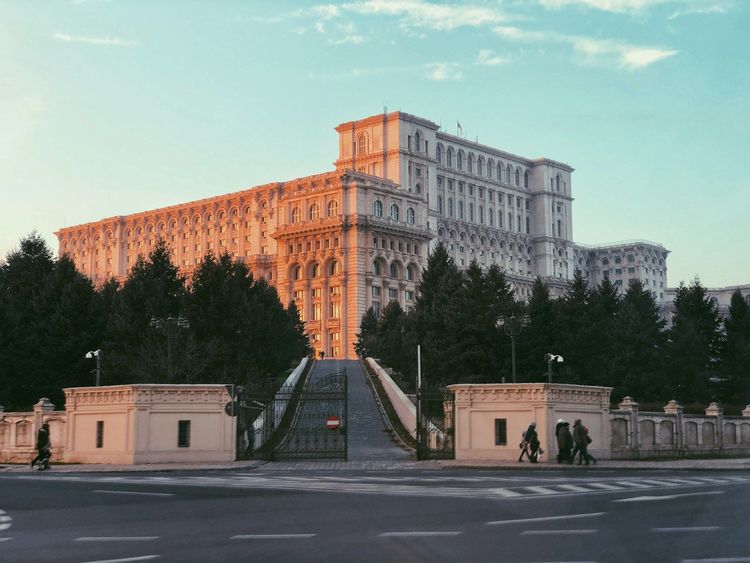
Can you lose your residence permit if you sell real estate? Rules vary by country.
Selling real estate abroad can result in the loss of your residence permit. Find out which countries allow you to maintain your status and how to avoid the risks.

In a significant shift of its immigration policy, the Portuguese Parliament has passed a sweeping reform of its nationality law on October 28th. The amendments, which now await the final signature of the President, mark the end of a relatively accessible era and introduce a more rigorous path to obtaining a Portuguese passport for foreign nationals.
The changes are multifaceted, targeting the core requirements of residency, birthright citizenship, and the personal integration of applicants. This move aligns Portugal with a broader European trend of tightening citizenship regulations.
The reform rests on three major changes that will fundamentally alter the landscape for prospective citizens.
The most impactful change is the substantial increase in the mandatory legal residency period. The previous, straightforward five-year requirement has been replaced with a tiered system:
This change alone will delay the dreams of thousands of non-EU/CPLP immigrants, requiring a decade of established life in Portugal before they can even apply.
Portugal has also revised its rules for children born on its soil to foreign parents. The principle of jus soli (right of the soil) has been significantly constrained. Previously, one parent only needed to have one year of legal residency. Now, at the time of the child's birth, at least one parent must have been legally residing in the country for a minimum of five years. This change aims to ensure a stronger and more established connection to the country for families seeking citizenship for their newborn children.
Beyond simply living in the country, applicants must now proactively demonstrate their integration into Portuguese society. The new law introduces three key hurdles:
The legislative process is not yet complete. The approved document now moves to the desk of the President of Portugal for promulgation. Once signed, the amendments will officially enter into force the day after their publication in the government gazette, Diário da República.
Crucially, the government has included a protective clause for those already in the system. All citizenship applications submitted before the official enactment date will be processed according to the old, more lenient rules. This creates a narrow window for eligible individuals to act before the deadline, potentially triggering a last-minute rush to immigration lawyers and the SEF (Serviço de Estrangeiros e Fronteiras).
The reform of Portugal's nationality law represents a strategic recalibration of what it means to become Portuguese. By extending residency periods, tightening birthright provisions, and formalizing integration criteria, the country is shifting its focus from duration of stay to depth of connection. For future applicants, the path to a Portuguese passport has become longer, more demanding, and requires a demonstrable commitment to becoming part of the nation's social and cultural fabric.

Selling real estate abroad can result in the loss of your residence permit. Find out which countries allow you to maintain your status and how to avoid the risks.

A new draft law in Romania proposes a Residency by Investment program, granting non-EU citizens a renewable 5-year residence permit. The program requires a €400,000 minimum investment in bonds, real estate, funds, or shares.

The real cost of living in Saudi Arabia for expats in 2025. Housing prices, taxes, expenses, and cultural nuances.